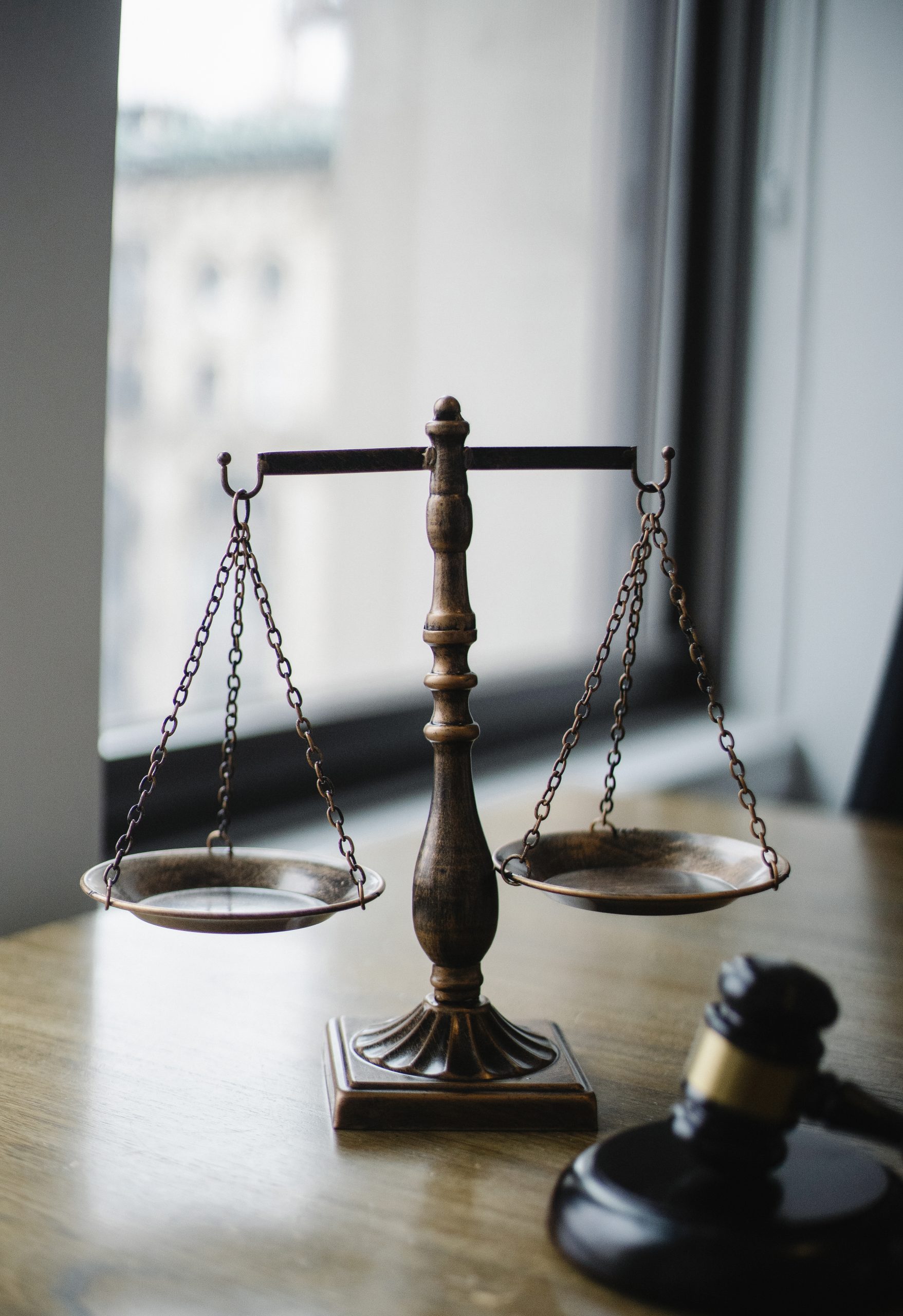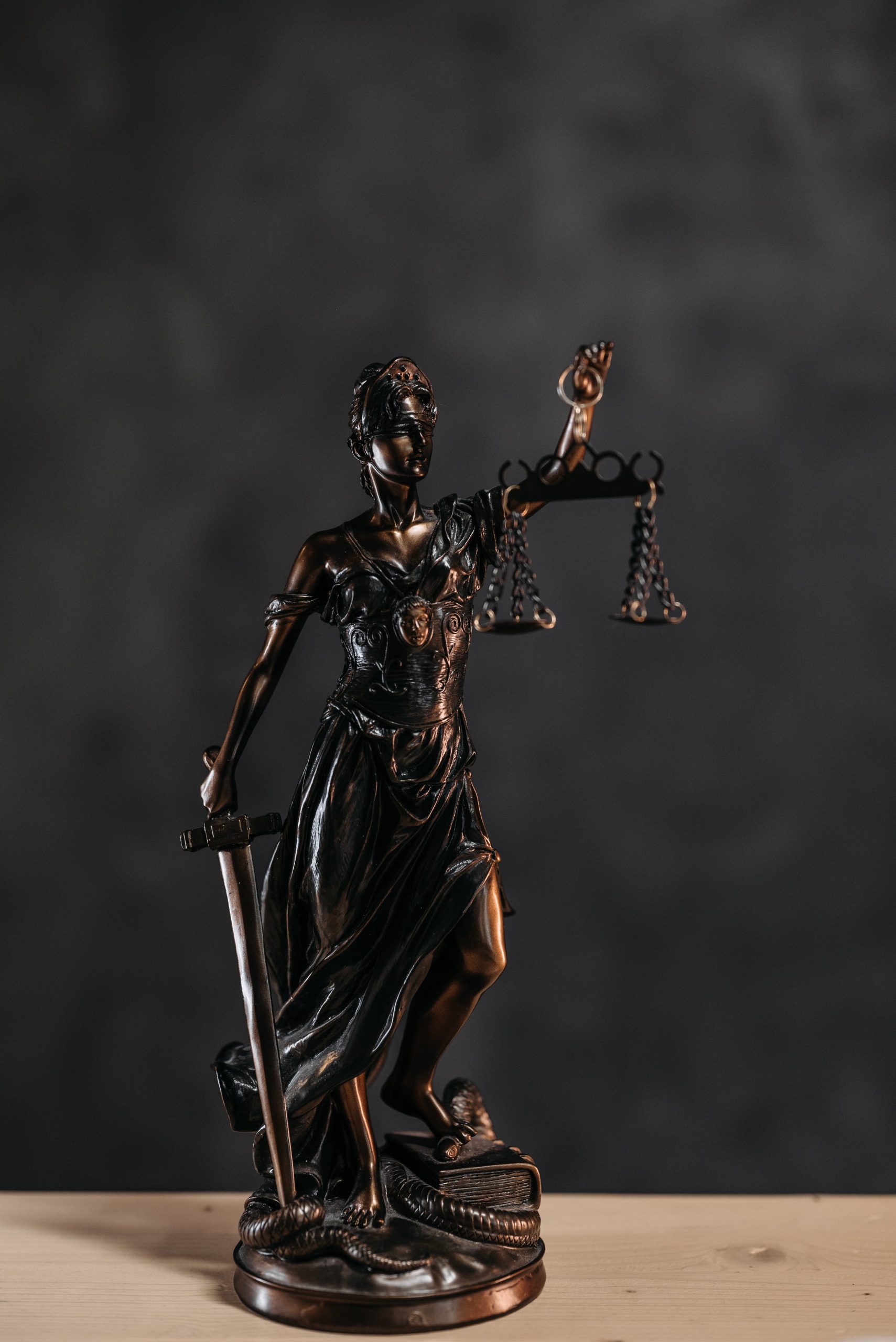Are you facing a custody battle and in need of a reliable and experienced legal representative? Look no further than Jeremy Eveland, the trusted practitioner of guardianship law in Millcreek, Utah. With his extensive knowledge and expertise, Jeremy Eveland is dedicated to providing the highest level of legal support and guidance to clients seeking to establish or modify guardianship arrangements. Whether you are a parent, grandparent, or other relative seeking custody rights, Jeremy Eveland is here to help. With his compassionate and friendly approach, he will work tirelessly to ensure the best outcome for you and your loved ones. Don’t delay, contact Jeremy Eveland today for a consultation that could change your family’s future.
What is guardianship?
Definition of guardianship
Guardianship is a legal process where an individual, known as the guardian, is given the responsibility to make important decisions on behalf of another person, known as the ward, who is unable to make those decisions on their own. This could be due to various reasons, such as age, disability, or incapacity. The guardian is appointed by the court and is entrusted with the duty of ensuring the well-being and best interests of the ward.
Importance of guardianship
Guardianship plays a crucial role in protecting the rights and interests of individuals who are unable to make decisions for themselves. It provides a legal framework for someone to step in and take care of important matters, ensuring that the ward’s needs are addressed and their rights are protected. Without guardianship, vulnerable individuals may be left without proper care or guidance, which can lead to potential harm or exploitation.
When guardianship is necessary
Guardianship becomes necessary when someone is unable to make decisions about their personal well-being, medical treatments, finances, education, or any other vital aspect of their life. This could be due to factors such as age-related incapacity, mental illness, disability, or developmental delays. In such cases, guardianship ensures that the ward receives the necessary support and assistance to navigate their day-to-day life and make decisions that are in their best interests.
Types of guardianship
Temporary guardianship
Temporary guardianship is granted in situations where an individual needs immediate care and decision-making support, but the circumstances are expected to change in the near future. It is typically granted for a specific duration or until a specific event occurs. Temporary guardianship can be useful in situations where the ward’s parents or primary caregivers are unavailable or unable to provide the necessary care temporarily.
Permanent guardianship
Permanent guardianship is established when a ward is unlikely to regain the capacity to make decisions independently. It is a long-term arrangement that often lasts until the ward reaches adulthood or in cases where the ward has a permanent disability. Permanent guardianship grants the guardian full authority to make decisions on behalf of the ward and assume all related responsibilities.
Limited guardianship
Limited guardianship is when the court appoints a guardian who is granted specific authority over certain areas of the ward’s life, while the ward retains decision-making abilities in other areas. This type of guardianship is often used when the ward can make some decisions independently but requires assistance or support in handling specific matters, such as financial management or healthcare decisions.

How to establish guardianship
Petitioning the court
To establish guardianship, one must file a petition with the court. The petition should outline the reasons why guardianship is necessary for the ward and provide relevant details about the ward’s condition or circumstances. It is important to consult with a guardianship lawyer who can guide you through the legal process and help prepare a strong petition.
Providing evidence
When petitioning for guardianship, it is essential to provide evidence that supports the need for guardianship. This can include medical reports, evaluations by professionals, statements from witnesses, or any other relevant documentation. The evidence should demonstrate that the ward lacks the capacity to make decisions independently or that their well-being is at risk without the intervention of a guardian.
Supporting documentation
In addition to evidence, certain supporting documents need to be submitted to the court to establish guardianship. These may include background checks, financial statements, and a proposed care plan for the ward. Consulting with a guardianship lawyer can help ensure that all necessary documents are prepared accurately and submitted within the required timelines.
Guardianship process in Millcreek, Utah
Understanding the local laws
Before proceeding with the guardianship process in Millcreek, Utah, it is crucial to familiarize yourself with the local laws and regulations governing guardianship. Each jurisdiction may have specific requirements, procedures, and timelines that must be followed. Consulting with a knowledgeable guardianship lawyer who specializes in Millcreek laws can help navigate the process smoothly.
Filing the necessary paperwork
Once you have a clear understanding of the local laws, you will need to file the necessary paperwork with the court. This typically includes the petition for guardianship, supporting documents, and any additional forms required by the court. It is advisable to work closely with a guardianship lawyer to ensure that all paperwork is accurately completed and submitted on time.
Attending court hearings
Throughout the guardianship process, various court hearings may be scheduled to review the case and make a final determination regarding guardianship. These hearings provide an opportunity for all parties involved, including the ward, the guardian, and any interested parties, to present their arguments and provide additional information. Having a guardianship lawyer by your side can help represent your interests effectively during these hearings.

Responsibilities of a guardian
Caring for the ward
One of the primary responsibilities of a guardian is to provide care and support for the ward. This includes ensuring the ward’s basic needs are met, such as food, shelter, clothing, and medical care. The guardian is also responsible for creating a safe and nurturing environment for the ward and promoting their overall well-being.
Making medical and educational decisions
As a guardian, you will have the authority to make medical decisions on behalf of the ward. This includes consenting to medical treatments, coordinating healthcare appointments, and advocating for the ward’s medical needs. In addition, a guardian may also make educational decisions, such as enrolling the ward in school or choosing appropriate educational programs.
Managing finances
A guardian may be responsible for managing the ward’s finances, including paying bills, managing assets, and making financial decisions in the ward’s best interests. It is crucial for the guardian to maintain accurate records of all financial transactions and ensure that the ward’s financial resources are used appropriately and for the ward’s benefit.
Rights of a guardian
Legal authority over the ward
As a guardian, you are given legal authority over the ward, which means you have the power to make decisions on their behalf. This authority extends to various aspects of the ward’s life, such as healthcare, education, and finances. However, it is important to note that this authority should always be exercised in the ward’s best interests and with their well-being as the top priority.
Access to the ward’s records
A guardian has the right to access all relevant records and information pertaining to the ward, such as medical records, educational records, and financial documents. This access allows the guardian to make informed decisions and advocate for the ward effectively. It is crucial to maintain the confidentiality of these records and only use the information for lawful purposes.
Making decisions in the ward’s best interest
The primary responsibility of a guardian is to make decisions that are in the ward’s best interests. This requires careful consideration of the ward’s personal preferences, values, and needs. A guardian should always act in good faith, exercise reasonable judgment, and consult with professionals or experts when needed to ensure that decisions are well-informed and beneficial for the ward.
Challenges in guardianship cases
Contested guardianship
In some cases, guardianship may be contested by other parties, such as family members or interested parties who may have differing opinions about who should be the guardian or what decisions should be made. This can lead to legal disputes and prolonged court proceedings. Having a guardianship lawyer who can advocate for your position and present a compelling case is essential in contested guardianship situations.
Conflicts with family members
Guardianship can sometimes lead to conflicts or strained relationships with other family members, especially if there are differing perspectives or disagreements about the ward’s best interests or the guardian’s decisions. It is important to approach these conflicts with empathy, open communication, and a focus on finding common ground for the well-being of the ward. A guardianship lawyer can provide guidance on how to navigate these challenging family dynamics.
Changes in the ward’s circumstances
Guardianship cases can be complex and challenging, particularly if there are changes in the ward’s circumstances. This could include changes in their health, financial situation, or legal status. The guardian may need to adapt their care plan or make adjustments in decision-making to ensure the ward’s needs continue to be met. Consulting with a guardianship lawyer can help navigate these changes and ensure that the ward’s best interests are always prioritized.
Benefits of hiring a guardianship lawyer
Expert knowledge of legal procedures
Navigating the guardianship process can be overwhelming, especially for those who are unfamiliar with the legal system. Hiring a guardianship lawyer provides access to their expert knowledge and experience in handling guardianship cases. They can guide you through the legal procedures, ensure that all necessary steps are taken, and help alleviate the stress associated with the process.
Guidance throughout the process
A guardianship lawyer can provide valuable guidance and advice throughout the entire guardianship process. From preparing the initial paperwork to attending court hearings and managing ongoing responsibilities as a guardian, they can offer insights and ensure that your actions are in compliance with the law. This guidance can help you make informed decisions and navigate any challenges that may arise.
Advocacy for the client’s interests
In situations where guardianship is contested or conflicts arise, a guardianship lawyer serves as an advocate for your interests and those of the ward. They can present a strong case, gather necessary evidence, and argue on your behalf during court proceedings. Having a skilled advocate on your side can greatly increase your chances of a favorable outcome and protect the rights and best interests of the ward.

Choosing the right guardianship lawyer
Experience and specialization
When selecting a guardianship lawyer, it is important to consider their experience and specialization in guardianship law. Look for a lawyer who has a proven track record of handling guardianship cases successfully and who is well-versed in the specific laws and regulations of Millcreek, Utah. Their expertise will ensure that you receive the best possible representation and guidance throughout the guardianship process.
Client testimonials and reviews
Research client testimonials and reviews to gain insight into the lawyer’s reputation and the experiences of their past clients. Positive testimonials and reviews can be indicators of a lawyer’s professionalism, expertise, and commitment to client satisfaction. Conversely, negative reviews may raise red flags and prompt you to explore other options.
Communication and availability
Effective communication is crucial when working with a guardianship lawyer. Choose a lawyer who is responsive, attentive, and readily available to address your questions and concerns. Timely communication ensures that you stay informed about the progress of your case and allows for a smooth and efficient guardianship process. A lawyer who values open communication will also be more likely to understand and prioritize your unique needs and goals.
Frequently asked questions about guardianship
What is the duration of guardianship?
The duration of guardianship can vary depending on the circumstances. Temporary guardianship is typically granted for a specific period or until a certain event occurs. Permanent guardianship may last until the ward reaches adulthood or when the ward’s condition improves to the point where guardianship is no longer necessary. Limited guardianship can also have a designated duration based on the specific areas of decision-making involved.
Are there alternatives to guardianship?
Yes, there are alternative options to guardianship that may be more appropriate depending on the circumstances. These alternatives include power of attorney, where the ward grants someone the authority to make decisions on their behalf, or supported decision-making, where individuals receive assistance in making decisions while retaining their legal capacity. Consult with a guardianship lawyer to determine the most suitable alternative for your specific situation.
What happens if a guardian is unable to fulfill their duties?
If a guardian is unable to fulfill their duties, either temporarily or permanently, it is important to take appropriate action to ensure the ward’s well-being. In such cases, a new guardian may need to be appointed. This can be done through the same legal process used to establish guardianship initially. Consulting with a guardianship lawyer will help navigate the necessary steps to ensure a smooth transition and continuity of care for the ward.
In conclusion, guardianship is a vital legal process that safeguards the rights and well-being of individuals who are unable to make decisions for themselves. Establishing guardianship involves petitioning the court, providing evidence, and following the necessary procedures. A guardian plays a crucial role in caring for the ward, making important decisions, and managing their financial affairs. While guardianship can present challenges, hiring a knowledgeable guardianship lawyer can provide expert guidance, advocacy, and advice throughout the process. By selecting a lawyer with the right experience, positive testimonials, and effective communication, you can ensure that the best interests of the ward are protected.


